This website uses cookies so that we can provide you with the best user experience possible. Cookie information is stored in your browser and performs functions such as recognizing you when you return to our website and helping our team to understand which sections of the website you find most interesting and useful.
JSI recognizes the transformative effect that contraceptive options have on individuals and communities worldwide. The #PowerofOptions ensures the fundamental right of women and young people to make informed decisions about their sexual and reproductive health. This year, we are honored to share the voices and insights of our staff who contribute to a spectrum of public health programs that include family planning, reproductive and maternal health, and HIV. Their testimonials illuminate the significant strides we and our global and country partners have made to advance contraceptive options, ensure person-centered care, and catalyze evidence-driven action.
The Power of Options

In family planning, nothing is impossible or insurmountable. There is a solution for every circumstance and individual requirement to ensure that each person can access appropriate contraceptives and options to fulfill their unique reproductive health objectives.
– Dr. Reda Seif, Giza Governorate Project Manager
Strengthening Egypt’s Family Planning Program
The power of options, to me, is what family planning is all about. It indicates that options for women in contraception enable them to make their own choices and navigate their lives in a way that is not dictated by societal, cultural, familial, or other burdens that many of them face. It encapsulates the importance of efforts to bring about changes including the benefits of contraception method mixes, which is essential to improving the quality and equity of contraception to family planning. They can better control their reproductive health and family planning, ultimately giving them the option to make informed choices about their lives and those of their families.
– Mr. Binyam Desta, Chief of Party
USAID Quality Healthcare Activity, Ethiopia
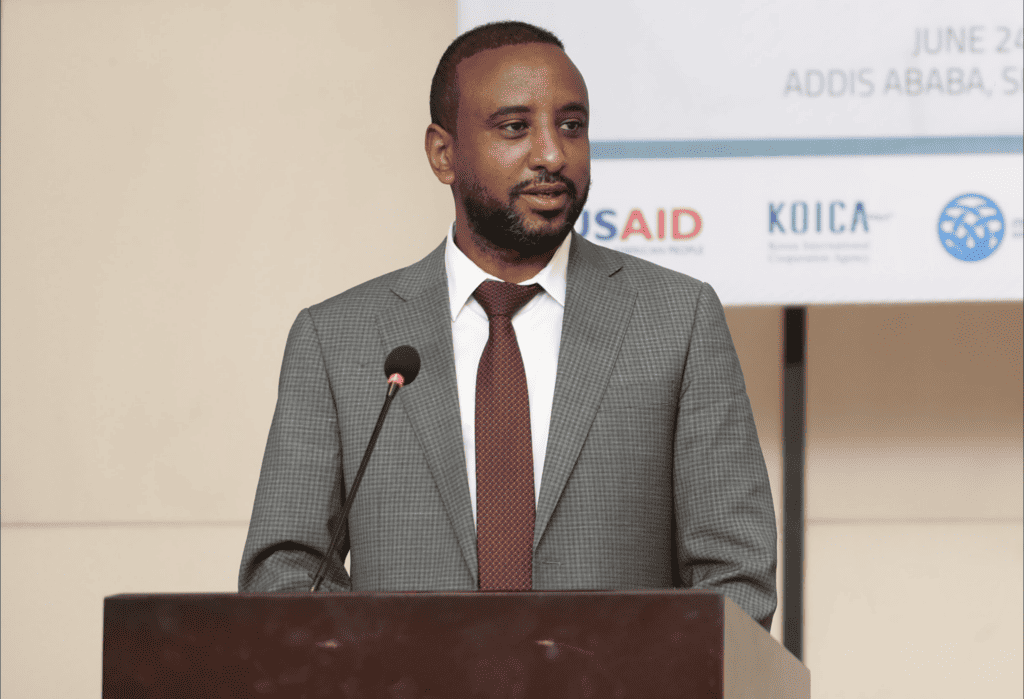
Benefit of Contraceptive Options
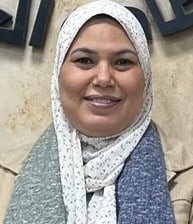
Contraceptive options have had a transformative effect on the lives and beliefs of individuals and communities in rural and urban areas. Through community engagement and interaction with clients, we have observed housewives taking pride in learning about different contraceptive methods and sharing this knowledge with their neighbors and family members. The use of contraception [in Egypt] has evolved into a joint decision between couples, informed by counseling sessions with family planning specialists.
– Ms. Manal Abdelgaliel, Executive Implementation Manager
Strengthening Egypt’s Family Planning Program
Provided with choices, people are empowered to make decisions about their reproductive health that align with their own needs, goals, and aspirations. Including self-injectable contraceptives in the range of child-spacing options extends the power of choice to people who live in remote locations and humanitarian settings, and cannot afford the costs associated with travel and extended hospital waiting times. In communities where women rely on spousal consent to make a health-related decision, potential cost savings associated with the self-injectable contraceptive method presents added benefits that may influence male acceptance and encourage them to be more supportive of their partner’s fertility decisions.
– Ms. Miranda Buba Atare, In-Country Lead
Self-Care Accelerator Project
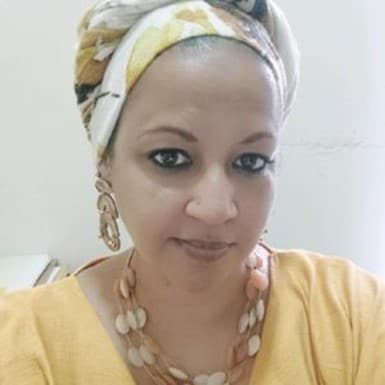
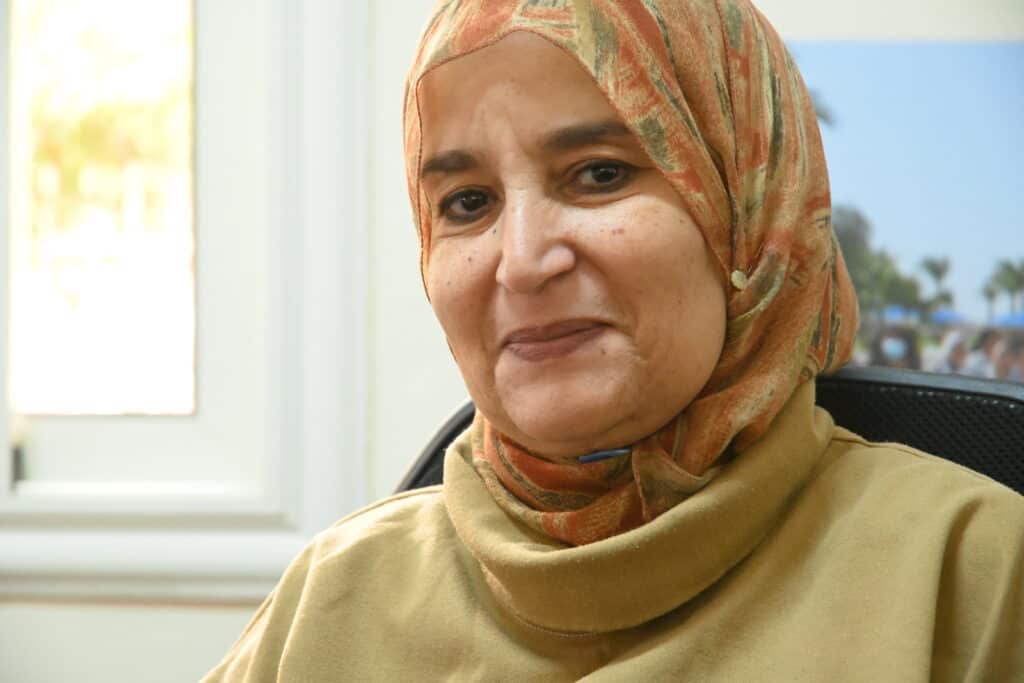
In my experience working in underserved areas in the Egyptian capital, which have a high concentration of women of reproductive age, I’ve observed a remarkable improvement in the skills and performance of the family planning team, health care providers, and women and their families. This transformation is a direct outcome of the SEFPP project’s innovative and engaging approaches to education, awareness, and critical thinking. From my standpoint, SEFPP has turned challenges in these communities into opportunities for growth and progress.
– Ms. Omayma Yehia, Cairo Governorate Project Manager
Advancing Contraceptive Options
Contraceptive options offer individuals and communities a diverse selection of methods, empowering them to make informed decisions about family planning. JSI, through SEFPP supports the Ministry of Health and Population/Family Planning (MOHP/FP) Sector by providing manuals for introducing new contraceptive methods. Currently, the MOHP/FP has introduced four new contraceptive methods: the third and fourth generations of oral contraceptive pills; hormonal intrauterine device (IUD); multiload IUD; and Sayana.
– Dr. Marwan Sobhi, Senior Technical Director for Service Delivery
Strengthening Egypt’s Family Planning Program
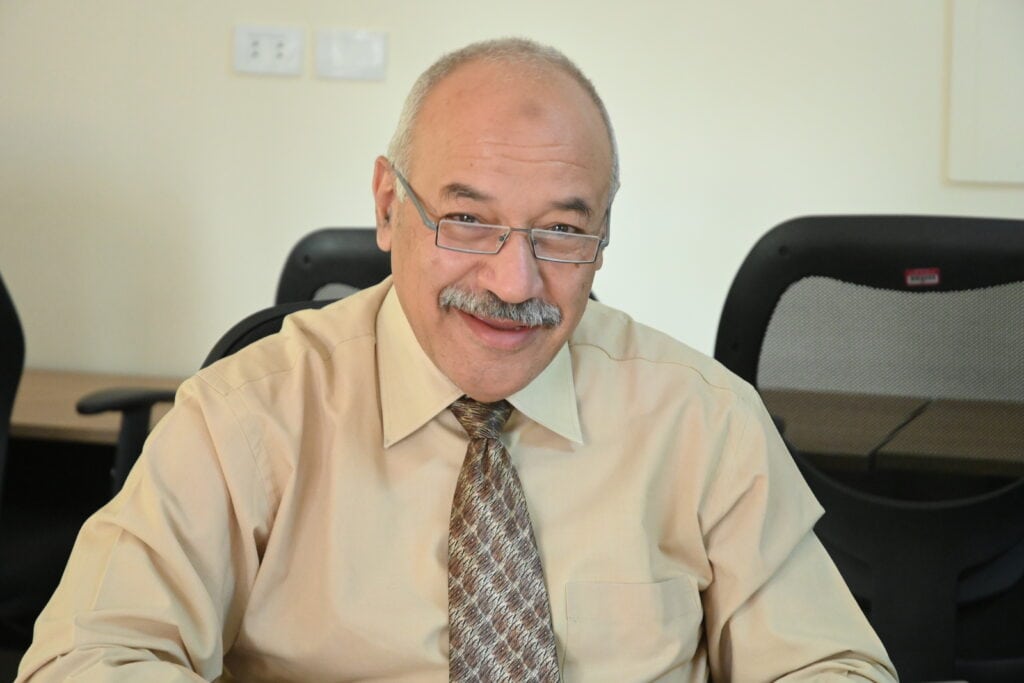
The Future of Contraception

Contraception has the potential for significant advancements in accessibility, innovation, and tailored options. Emerging technologies are expected to yield more effective, user-friendly, and reversible methods. At the same time, integrating telemedicine and digital health solutions can enhance access to crucial information and services. Organizations like JSI can have a vital role by directing their efforts to increasing access to contraception options, particularly among vulnerable and marginalized populations.
– Ms. Muthoni Wachira, Director
HCDExchange

